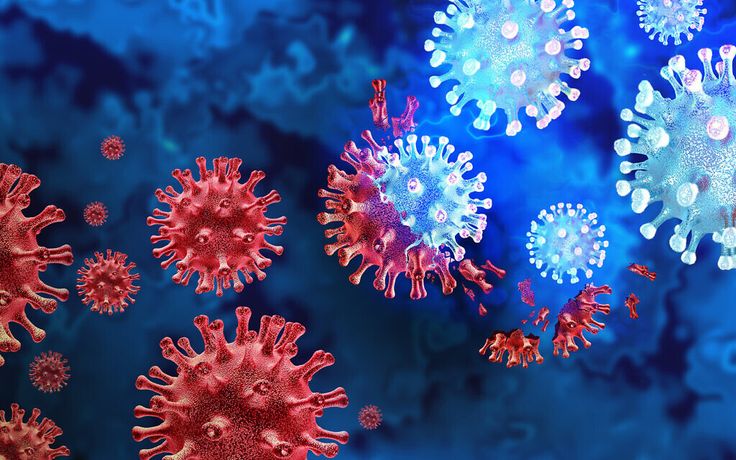The COVID-19 pandemic continues to shape our world, with the Omicron variant of the virus and its subvariants remaining a significant concern in many regions. As these strains evolve, it’s crucial to stay informed about their potential impacts and the ongoing efforts to mitigate their spread.
Understanding Omicron Variants
Omicron, first identified in late 2021, is characterized by its numerous mutations, which have allowed it to spread rapidly and evade immune responses. The variant has undergone further mutations, resulting in the emergence of subvariants like BA.1, BA.2, BA.5, and more recently, EG.5.
The Impact of Omicron Variants
Omicron variants have demonstrated several key characteristics:
- Increased Transmissibility: These variants are highly contagious, often surpassing previous COVID-19 strains in terms of spread.
- Reduced Severity (Generally): While Omicron variants can cause severe illness in some individuals, especially those at risk, they generally lead to milder symptoms compared to earlier variants like Delta.
- Immune Evasion: Some Omicron subvariants have shown an ability to partially evade the immune response provided by vaccination or previous infection.
Global Spread and Surveillance
Omicron variants have spread globally, affecting countries and regions with varying degrees of severity. Healthcare systems and public health agencies worldwide have been closely monitoring the situation, tracking the prevalence of different subvariants and assessing their impact on communities.
Vaccination and Boosters
Vaccines remain a crucial tool in combating the Omicron variants. While the original vaccines may provide reduced protection against the Omicron variants, booster shots can significantly enhance immunity. It’s essential to stay up-to-date with recommended vaccination schedules, especially for vulnerable populations.
Emerging Subvariants
New Omicron subvariants continue to emerge, raising concerns about their potential impact. Scientists are closely monitoring these strains for changes in transmissibility, severity, and immune evasion.
Public Health Measures
To mitigate the spread of Omicron variants and protect public health, several measures remain essential:
- Vaccination: Ensuring widespread vaccination coverage is crucial in reducing the impact of Omicron variants.
- Mask-Wearing: Wearing masks in crowded indoor settings can help prevent the transmission of the virus.
- Physical Distancing: Maintaining physical distance from others, especially indoors, can reduce the risk of infection.
- Hand Hygiene: Practicing good hand hygiene, such as washing hands frequently with soap and water or using hand sanitizer, is essential.
Research and Development
Ongoing research is focused on understanding the long-term effects of Omicron variants, developing more effective vaccines, and exploring potential therapeutic options.
The Role of Variants in Long COVID
While the exact causes of long COVID remain under investigation, some researchers believe that certain Omicron variants may be associated with a higher risk of developing long-term symptoms. Studies are ongoing to explore this connection and identify potential risk factors.
The Impact of Omicron Variants on Children
Children are generally less likely to experience severe illness from COVID-19, including Omicron variants. However, some children may develop long COVID, and it’s important to monitor their symptoms and seek medical attention if necessary.
The Future of COVID-19
As the pandemic continues to evolve, it’s essential to remain vigilant and follow public health guidelines. While the Omicron variants have presented new challenges, scientific advancements and ongoing efforts to control the virus offer hope for a brighter future.
Conclusion
The Omicron variants continue to pose a significant challenge to global health. By staying informed, following public health guidelines, and supporting ongoing research, we can help mitigate the impact of these variants and protect our communities.



